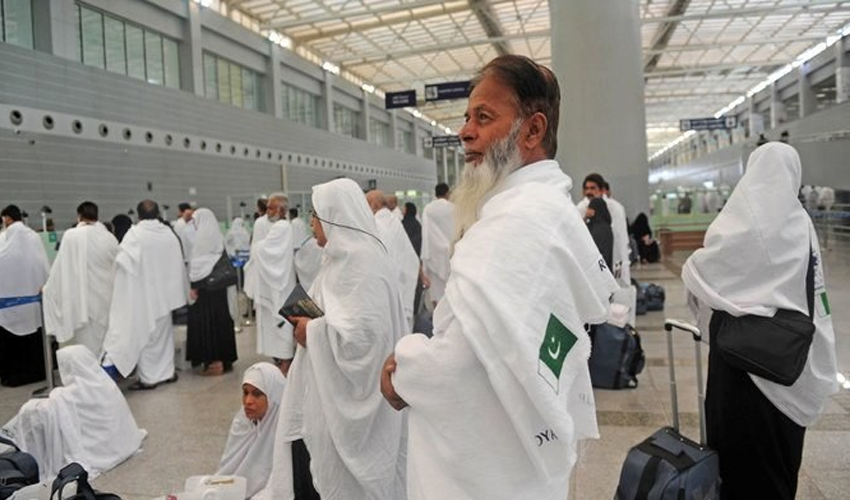The Caretaker Prime Minister Anwaarul Haq Kakar-led federal cabinet has ushered in significant changes to the Hajj Policy for the year 2024, aiming to streamline the pilgrimage process and enhance the experience for Pakistani pilgrims.
The approved amendments, a result of meticulous deliberation and recommendations from a dedicated committee, underscore the government's commitment to ensuring better oversight and improving the overall Hajj journey.
Meanwhile, in a bid to enhance transparency and optimize resource allocation, the government has granted approval for the return of sponsorship quotas for unused slots in both government and private Hajj schemes to the Saudi Arabian government.
This move aligns with Saudi regulations and sets the stage for a more efficient utilization of pilgrimage opportunities.
Monitoring system introduced
A paradigm shift in financial management is on the horizon, as the new Hajj policy mandates the implementation of a comprehensive monitoring system for Hajj organizers.
This stringent oversight aims to ensure adherence to financial regulations set by the Saudi government, fostering accountability and trust in the management of pilgrimage funds.
Age inclusivity
Breaking with tradition, the revised policy allows individuals under the age of 10 to fulfill their pilgrimage obligation.
Simultaneously, private Hajj schemes gain flexibility regarding service personnel for those over 80 years old, adapting to the diverse needs of the pilgrim demographic.
Local assistance guarantee
In a bid to enhance the welfare of pilgrims during their stay in Saudi Arabia, organizers are now required to enter into agreements with the pilgrims, ensuring the provision of local assistance services.
Any violation of these contractual obligations may lead to penalties and the blacklisting of the Hajj organizer, emphasizing the government's commitment to pilgrim safety and support.
Quota adjustment
Acknowledging the significance of the Hardship Category, the Federal Cabinet has approved a reduction in its quota, with 50% reserved for Pakistani students studying in Saudi Arabian universities.
These students will be appointed as welfare staff, further integrating the Pakistani community into the Hajj support system.
The Federal Cabinet's approval of the committee's recommendations reflects a commitment to progressive governance. The established committee, tasked with proposing improvements to the Hajj Policy for 2024, has successfully influenced these amendments, aligning the policy with the evolving needs of the pilgrim community.
As the nation anticipates the implementation of these groundbreaking changes, the government's proactive approach to reforming the Hajj Policy stands as a testament to its dedication to facilitating a seamless and enriching pilgrimage experience for all Pakistani Muslims.


























